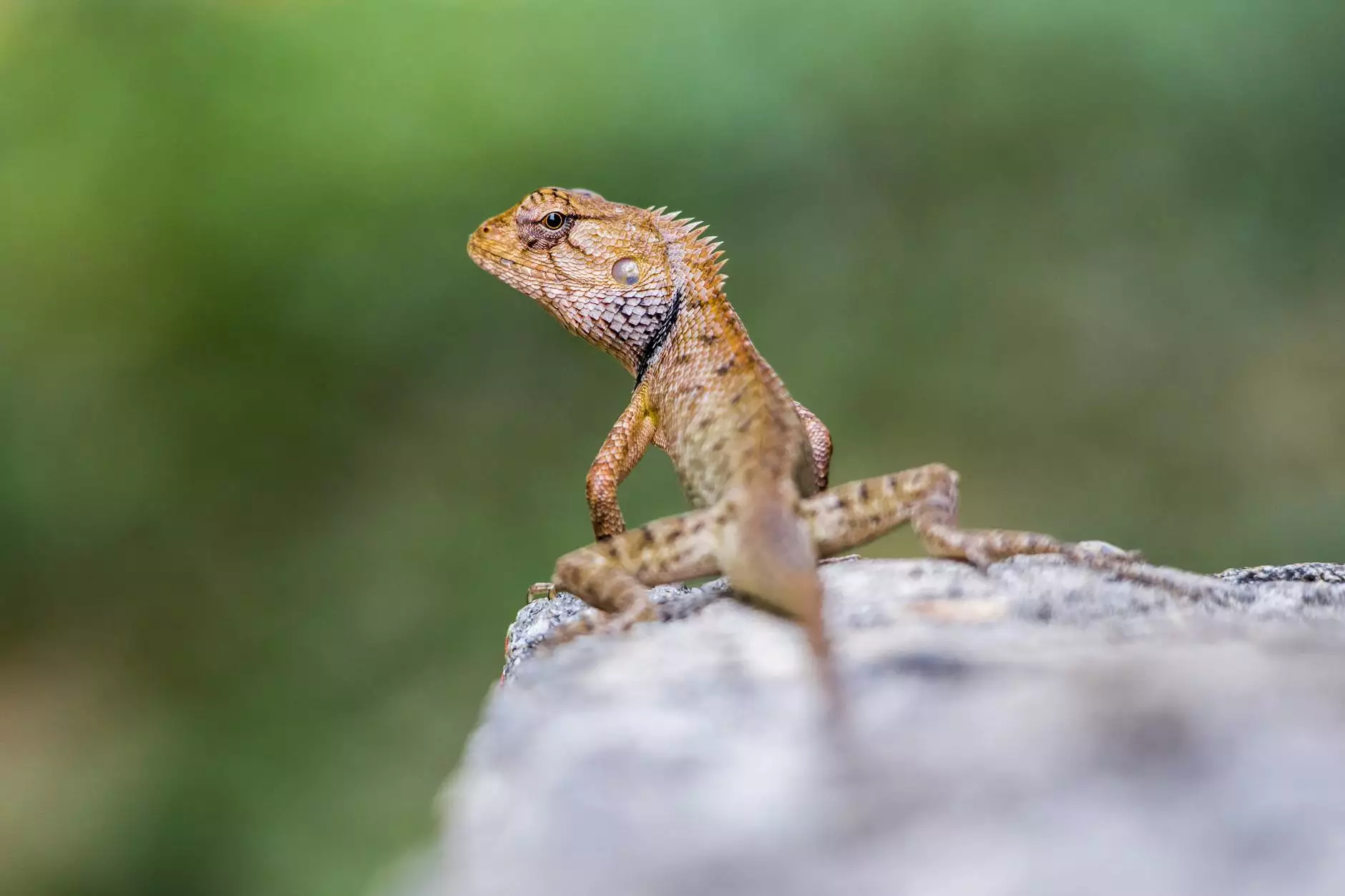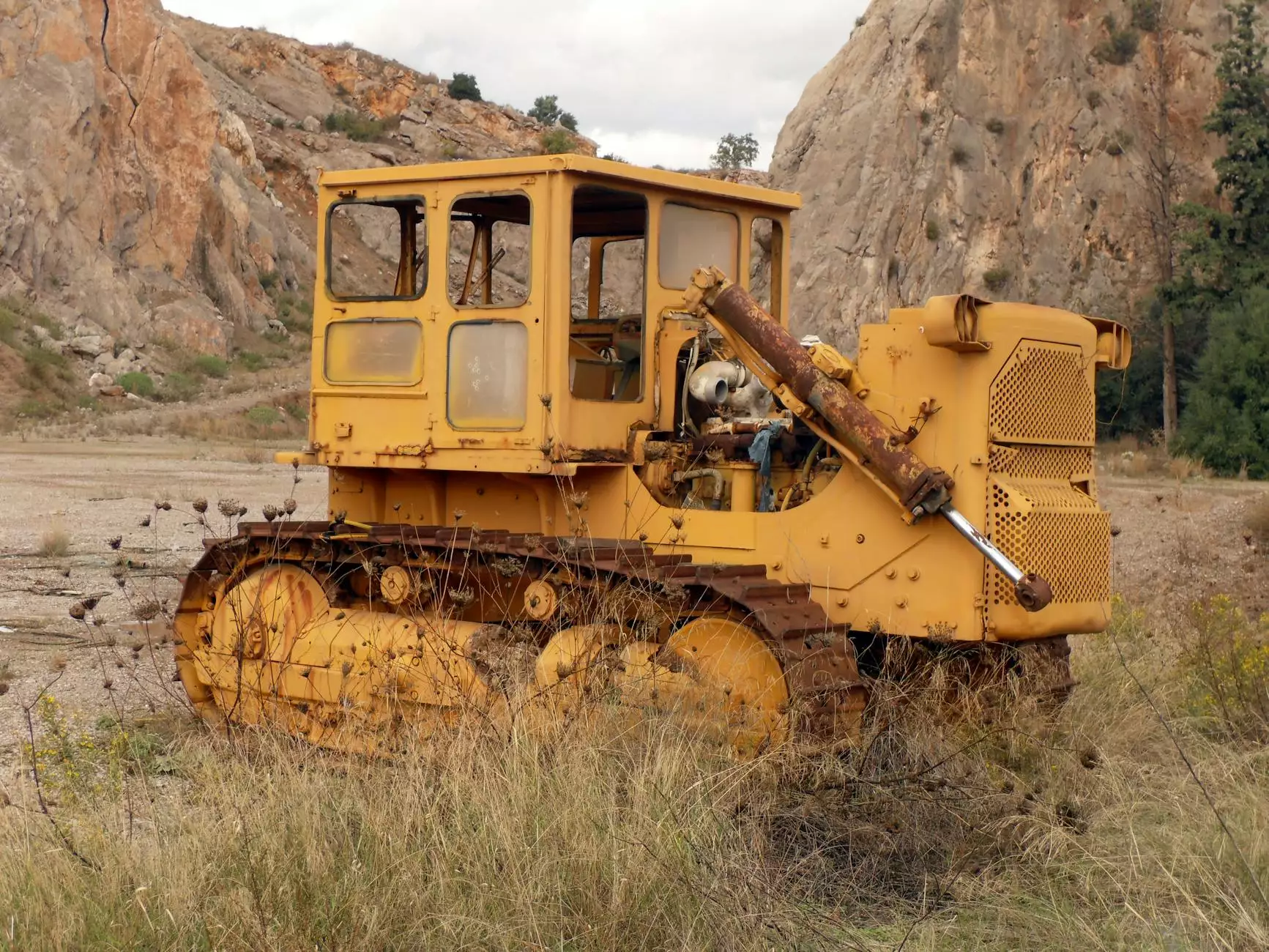The Ultimate Guide to Monitor Lizards

Monitor lizards, known for their striking appearance and intelligent behavior, have become increasingly popular among reptile enthusiasts and pet owners. With various species available, including the fascinating monitor lizard, it’s essential to understand their needs for a healthy and fulfilling life. This comprehensive guide will delve into the world of monitor lizards, covering key aspects such as pet adoption, pet breeders, and reputable reptile shops.
Understanding Monitor Lizards
Monitor lizards belong to the family Varanidae and are native to Africa, Asia, and Australia. They are one of the largest lizard families, offering a variety of species with unique characteristics.
Why Choose a Monitor Lizard as a Pet?
Choosing a monitor lizard as a pet can be a rewarding experience for reptile lovers. Here are a few reasons why:
- Intelligence: Monitor lizards are known for their cognitive abilities, exhibiting problem-solving skills and an ability to recognize their owners.
- Diverse Species: There are numerous monitor lizard species, each with unique temperaments and habitat requirements, allowing for a more tailored pet ownership experience.
- Low Allergen: As reptiles, monitor lizards provide an excellent option for individuals with allergies to traditional pets like cats and dogs.
Choosing the Right Monitor Lizard for You
When considering a monitor lizard as your new pet, choosing the right species is essential. Here are some popular types of monitor lizards:
Popular Monitor Lizard Species
- Black-throated Monitor (Varanus albigularis): This species is known for its docile nature and can adapt well to captivity.
- Savannah Monitor (Varanus exanthematicus): They are one of the most common pet monitors, known for their relatively manageable size and temperament.
- Argus Monitor (Varanus panoptes): Highly active and inquisitive, these lizards require larger enclosures to roam.
When selecting your monitor lizard, consider factors like size, temperament, and care requirements to make an informed decision.
Essential Care Tips for Monitor Lizards
Monitor lizards require specific care to thrive in captivity. Here are essential tips to ensure your lizard leads a healthy life:
Habitat Requirements
Creating an appropriate habitat is critical for the well-being of your monitor lizard. Key considerations include:
- Enclosure Size: Monitor lizards need ample space. Depending on the species, consider a minimum of a 4x2x2 ft enclosure for smaller monitors and larger for bigger species.
- Temperature Gradient: Provide a basking spot of 95°-110°F and a cooler area around 75°-80°F to allow for thermoregulation.
- Humidity Levels: Most monitor lizards prefer humidity levels between 40-60%. Mist the enclosure regularly and include a water source.
Dietary Needs
Monitor lizards are carnivorous and require a diet rich in protein. Here’s what you need to feed your pet:
- Whole Prey Items: Offer various prey such as rodents, insects, and even small birds.
- Supplements: Use calcium and vitamin supplements to ensure they receive essential nutrients.
- Water Supply: Always provide fresh water and consider providing a shallow dish for soaking.
Behavior and Handling
Understanding the behavior of monitor lizards is key to fostering a strong bond. Here are some behavioral insights:
- Layout of Habitat: Include climbing structures and hiding spots to mimic their natural environment.
- Handling: Start by allowing your monitor to acclimate to its new environment before handling. Gradually introduce handling to build trust.
Adopting a Monitor Lizard
Adopting a monitor lizard involves more than just choosing a species; it requires responsible sourcing. Let's explore how to adopt a monitor lizard responsibly:
Choosing Reputable Breeders
Finding responsible breeders is critical for ensuring the health and wellbeing of your pet. Here are tips for selecting a reputable breeder:
- Visit and Inspect: Whenever possible, visit the breeder’s facility to see the living conditions of the reptiles.
- Ask Questions: Inquire about the care and feeding of their reptiles to gauge their knowledge and commitment.
- Health Guarantees: Look for breeders who stand by the health of their reptiles and provide guarantees.
Advantages of Adoption from Reptile Shelters
Consider adopting from a reptile shelter or rescue organization. Benefits include:
- Saving a Life: Many reptiles end up in shelters due to owner abandonments, and adopting helps provide them a safe home.
- Reduced Cost: Adoption fees are often lower than purchasing from breeders, and many shelters cover initial veterinary costs.
- Support and Resources: Many shelters offer support for new owners, helping you adjust to your new pet.
Finding True Reliability: The Best Reptile Shops
Alongside breeders and shelters, finding a trustworthy reptile shop can be invaluable in ensuring you have necessary supplies and access to expert advice. Here are characteristics of a reliable reptile shop:
Criteria for a Great Reptile Shop
- Knowledgeable Staff: Look for shops where the staff is well-informed about various reptiles, including monitor lizards.
- Quality Products: Ensure they stock high-quality food, supplements, and habitat accessories specific to monitor lizards.
- Healthy Animals: Reputable shops will display healthy reptiles and will be transparent about their sourcing.
Monitor Lizard Health Essentials
Maintaining the health of your monitor lizard requires consistency and attention to detail. Here are crucial aspects of healthcare:
Regular Veterinary Check-ups
Establish a relationship with a veterinarian specialized in reptiles. Regular check-ups can help prevent potential health issues.
Spotting Common Health Issues
Monitor lizards are generally hardy, but they can experience health problems. Watch for:
- Respiratory Issues: Signs include wheezing or open-mouth breathing.
- Parasites: Unexplained weight loss and lethargy can indicate parasitic infections.
- Metabolic Bone Disease: Symptoms may include lethargy, deformities, or fractures, often due to insufficient calcium.
Conclusion: The Joy of Owning a Monitor Lizard
Owning a monitor lizard can be an incredibly fulfilling experience if approached with knowledge and care. From understanding their needs to adopting responsibly and maintaining their health, every aspect of monitor lizard ownership requires dedication. As you embark on this journey, remember that each monitor lizard has its own unique personality and care requirements.
By following the guidelines in this article, you can provide a caring environment for your monitor lizard, ensuring it leads a happy and fulfilling life. Explore the resources available, and consider connecting with reputable pet adoption, pet breeders, and reptile shops to ensure you make the best informed decisions.









